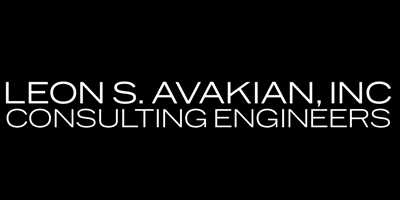Overview
CLiME is seeking several Graduate Research Assistants (10-15 hours per week) to support the Center’s research projects and initiatives related to housing affordability and equity starting in January. The ideal applicant is detail oriented, works well collaboratively but can self-start and work independently, and is passionate about finding real interventions to address structural racism. Depending on the candidate, the position may include quantitative and spatial analytical work and/or qualitative research, writing, including fieldwork. The position pays $20 per hour and covers the semester, with the possibility of renewal. The projects we are seeking immediate support for include:
• Affordable Housing Crisis and New Jersey Cities: New Jersey is a demographically diverse state and ageographically segregated one. CLiME is engaged in ongoing work assessing the affordable housing needs and capacities in municipalities throughout the state. The projects we need immediate support for examine displacement and the state of housing and strategic development processes of New Jersey’s largest municipalities, including Newark, Jersey City, Patterson, Elizabeth, Trenton, and Camden.
• Why is the Rent So Damn High?: For all of us housing is shelter, but for some of us housing is an investment. This can mean an investment in the house we occupy and can also mean investment in houses occupied by others. This project takes this starting point, that housing is an investment, and seeks to understand why rents are growing so far beyond what many tenants can afford. The immediate project involves surveying explanations from different disciplines as well as conversations with academic and career experts from diverse backgrounds including business and real estate, social work and social policy, planners and policymakers, and landlords and advocates.
• Post-Pandemic Foreclosure: New Jersey has one of the highest foreclosure rates in the country. This project explores the rise in foreclosure in the aftermath of pandemic-era forbearance programs, including the most vulnerable groups and places, as well as opportunities for policy and legal intervention. The project we need immediate support on will assess the impact and effectiveness of the state’s recent Community Wealth Preservation Act in enabling next of kin and nonprofits in purchasing foreclosed homes in lieu of investors.
• Investors and Single-Family Real Estate: There is growing awareness of the role of corporate buyers in single-family real estate, and their potential costs to communities by raising prices, reducing the stock of most affordable units to purchase, raising rents, and displacement. This project responds to growing dominance and coordination of corporate landlords in many places, and explores how investors are impacting the experience of individuals and tenants, as well as entire neighborhoods.
• Home Repair and Displacement: Aging buildings make up a large share of our most affordable units and this stock is at growing risk without investment and repair. This project begins with an assessment of the state of New Jersey buildings and affordability and surveys home repair grant and subsidy programs and interventions in order to develop proposals to keep low-income owners and renters stably housed.
Contact: Interested candidates should contact Dr. Katharine L. Nelson at katharine.nelson@rutgers.edu. Applications should include cover, CV, transcript and brief writing sample.
To apply for this job email your details to katharine.nelson@rutgers.edu
About Rutgers CLiME
Rutgers Law School-Newark’s Center on Law, Inequality and Metropolitan Equity (CLiME) is an interdisciplinary impact research institute dedicated to issues of structural inequality. CLiME’s research, publications and partnerships represent the University’s commitment to civic engagement and public scholarship, in Newark, across New Jersey, and nationwide. Our approach to structural inequality assumes that most racial and economic disparities are place-based and reflect the differences in resources afforded key institutions based on law, practical rules and operational norms.



